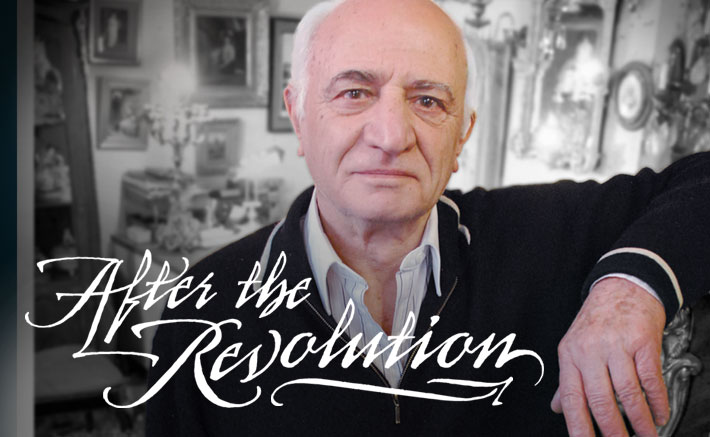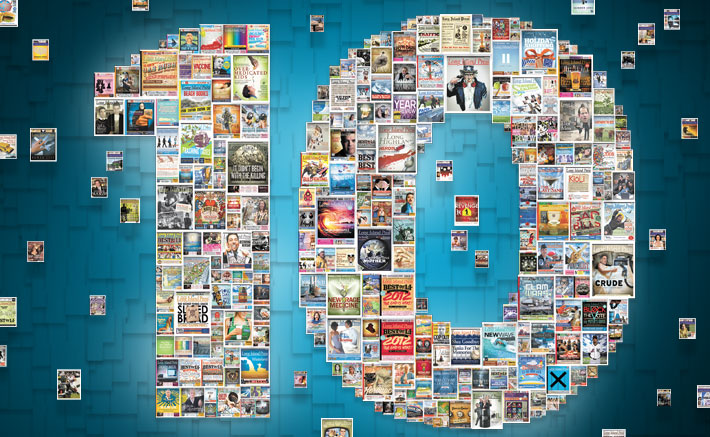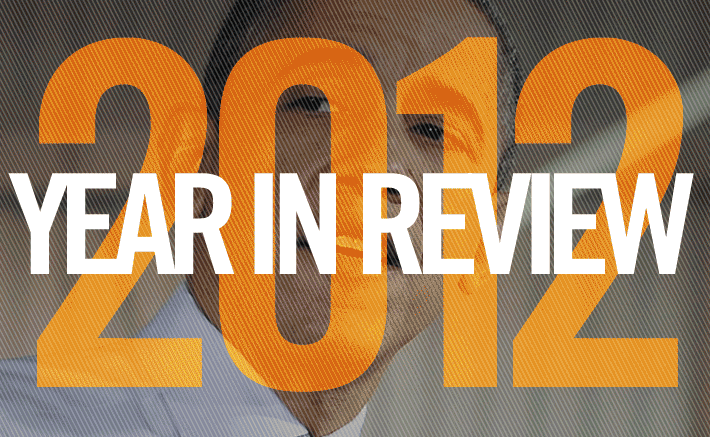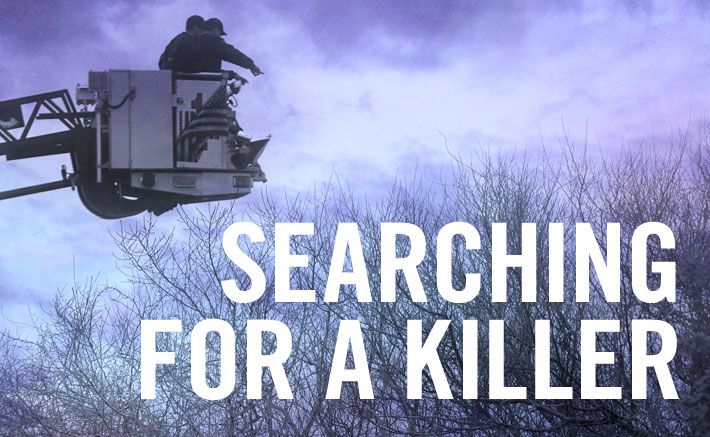

Behind the glass display case at Wheatley Kosher Bakery in Great Neck sits a generous spread of good old-fashioned Long Island bakery fare: carrot cakes, croissants, tarts, wheat, rye and seven-grain breads—the usual. Quite delicious, if not especially kind to the waistline. But come in for a closer look at that cheesecake or those cookies and you’ll notice some other, perhaps less-familiar goods: traditional Persian breads and pastries, plastic pint containers filled with a bean and barley stew. That stew—as you will be informed by the bakery’s owner—is called “cholent,” a traditional soup made by Ashkenazi Jews (i.e., Jews of European descent).
Although today, it seems, that culinary designation is up for discussion.
“You call it cholent?” asks Sadeh’s friend, Barry Sedhagt. “No! It’s…it’s called…it is called ‘aash,’ a Persian dish—something similar to an Ashkenazi food called cholent.”
Sadeh shrugs.
“Cholent,” he says.
Here, you may notice that a good portion of the workers and customers at Wheatley Kosher Bakery are speaking in Farsi, a bouncing and consonant-heavy language that to the untrained ear might be mistaken for Arabic or Hebrew. Indeed, both Sedah and Sedhagt are from Iran and identify as Persians (the word “Persian” refers to the race of people from the area now called Iran). The Jews from Iran are Sephardi Jews; distinct from Ashkenazi Jews in a host of ways.
Sadeh is a large and garrulous man; Sedhagt is short and intense, with a thin brown moustache and a cup of coffee clutched in his hand. And on this snowy Friday morning, as the pair explains to this writer the traditional delicacies available at Wheatley, these small arguments continue to erupt.

Shahram “David” Sadeh
“There are these flat-breads,” says Sadeh, offering to share some of his shop’s wares. “You could have those.”
“They are called Barbari bread!” corrects Sedhagt. “Barbari. A traditional Persian bread.”
Sedhagt owns Safa, a Persian restaurant down the road, and is a bit more invested than Sadeh in the Persian-ness of the foods discussed.
“Or you could have some challah,” Sadeh goes on. “We make good challah.”
“Don’t give him the challah,” interrupts Sedhagt. “Give him the Persian bread, the Barbari! It’s very good toasted with tarragon, Persian pickles, and a cup of Persian tea.”
“Persian tea is just black tea with sugar,” says Sadeh.
“No!” says Sedhagt. “Persian teas are famous! Like Indian teas!”
These are the battlefields where culture is won and lost at Wheatley Kosher Bakery of Great Neck, a store where most of the staff and many of the customers are refugees of a massive and violent revolution that occurred three decades ago.
The store sits smack in the center of Middle Neck Road, the main street of Great Neck—an iconic American suburb that is mostly Jewish. A great portion of the village’s population lived in Iran just 30 years ago, along with a whole culture of Iranian Jews dating back at least 2,600 years, until the 1979 Islamic Revolution. This revolution took down the secular government of the Shah in which the Jews had thrived, and instilled the current Islamic regime in Iran today.
In just the last few days, Iranian President Mahmoud Ahmadinejad has tried to praise the peaceful protests in Egypt and compare them to the 1979 Islamic Revolution. But according to many of those in Great Neck who had to escape that revolution, this is a strained comparison.






